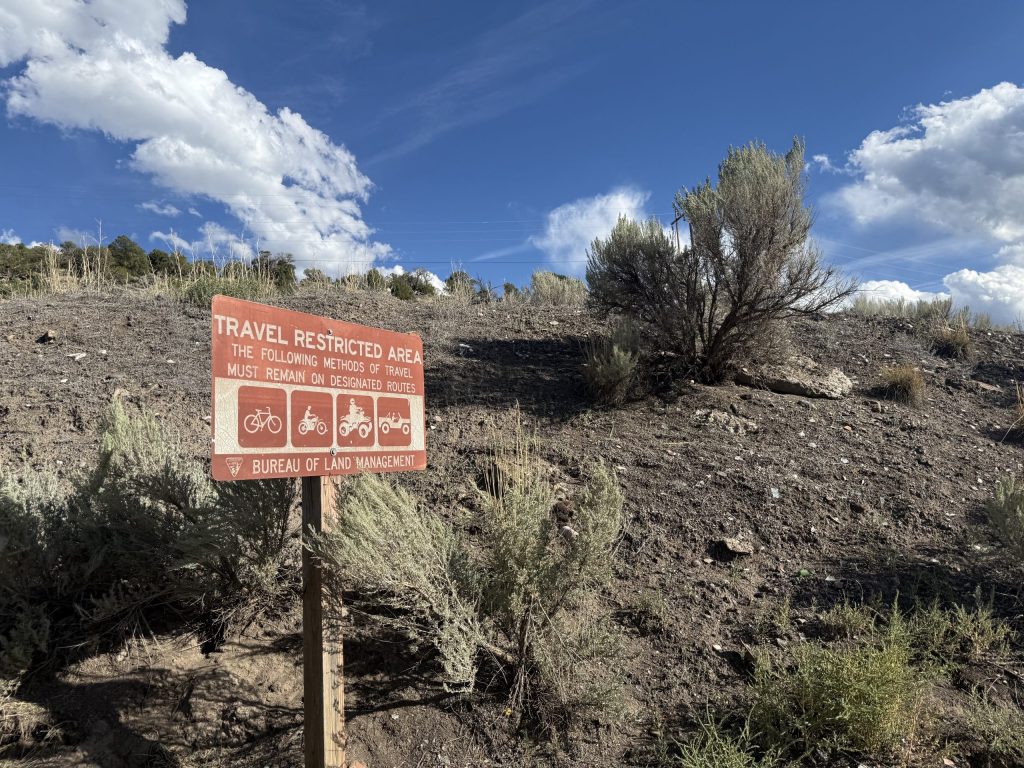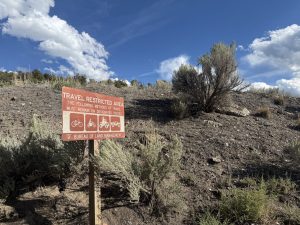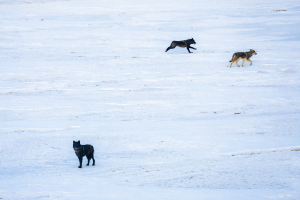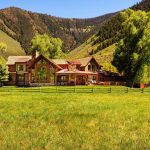Elected officials across Colorado oppose revocation of BLM’s Public Lands Rule
The letter received support from elected leaders in Aspen, Breckenridge, Frisco, Vail, Winter Park and elsewhere in Colorado

Ali Longwell/Post Independent
Community leaders from Western states, including Colorado, are urging the federal Bureau of Land Management to abandon its push to end the Public Lands Rule.
Across the West, 180 elected officials, including state Sen. Dylan Roberts, signed onto a letter opposing the effort to rescind the Public Lands Rule, which puts conservation on equal footing with other land uses like energy development, livestock grazing and recreation.
“As the largest land manager in the nation and with nearly 40% of all U.S. federal public lands under its jurisdiction, the Bureau of Land Management must play a leading role in stewarding our public lands for the future,” the letter states. “The Rule is a key tool to help conserve and restore more of our nation’s lands and waters for residents, wildlife, and future generations while increasing equitable access to nature.”
Among those who signed the letter were local elected officials, including mayors, town council members and county commissioners from Aspen, Avon, Basalt, Breckenridge, Buena Vista, Carbondale, Crested Butte, Estes Park, Durango, Fraser, Frisco, Snowmass Village, Vail, Winter Park and Chaffee, Boulder, Clear Creek, Eagle, Pitkin, Summit and Routt counties.
The Public Lands Rule was implemented in 2024, with public comments overwhelmingly supporting the new policy, according to The Mountain Pact, the nonprofit group that organized the letter opposing the revocation of the rule. The rule does not eliminate oil and gas development, mining, logging or grazing.
President Donald Trump’s administration has proposed repealing the rule, claiming that it places “an outsized priority on conservation or no-use” at the expense of other uses. Department of Interior Secretary Doug Burgum said in a news release that the rule “had the potential to block access to hundreds of thousands of acres of multiple-use land — preventing energy and mineral production, timber management, grazing and recreation across the West.”
But conservation, environmental and recreation groups have criticized the proposal to rescind the Biden-era rule, claiming that it favors extractive activities on public lands like drilling, mining and grazing.
A 60-day public comment period on the revocation of the Public Lands Rule ends on Nov. 10.
The letter from The Mountain Pact notes that the world is facing disappearing biodiversity and that Bureau of Land Management lands are a “vital connective tissue” that provide habitat and migration corridors for wildlife across the West.
The elected leaders who signed on to the letter also drew attention to the impact of recreation on the West’s economy. In 2023 alone, outdoor recreation generated $1.2 trillion in economic output, according to a report by the Outdoor Recreation Roundtable.
Polling has consistently shown that the public continues to overwhelmingly support protections for public lands, according to The Mountain Pact. The 2024 Conservation in the West poll, for example, found that 72% of Western voters opposed the removal of protections to allow more drilling and mining on public lands.
“This critical tool conserves key lands and waters for residents, wildlife, and future generations, and brings much-needed balance to BLM management,” Mountain Pact Director Anna Peterson said of the Public Lands Rule in a statement. “We oppose the elimination of this commonsense rule and encourage the administration to fully implement it.”

Support Local Journalism

Support Local Journalism
Readers around Glenwood Springs and Garfield County make the Post Independent’s work possible. Your financial contribution supports our efforts to deliver quality, locally relevant journalism.
Now more than ever, your support is critical to help us keep our community informed about the evolving coronavirus pandemic and the impact it is having locally. Every contribution, however large or small, will make a difference.
Each donation will be used exclusively for the development and creation of increased news coverage.









